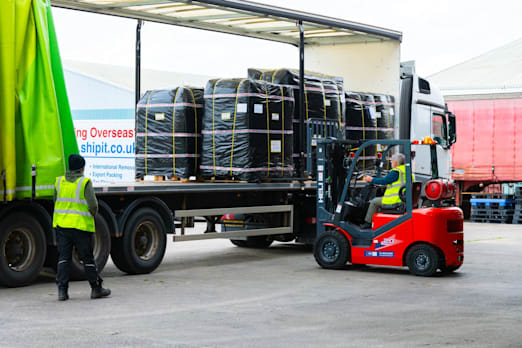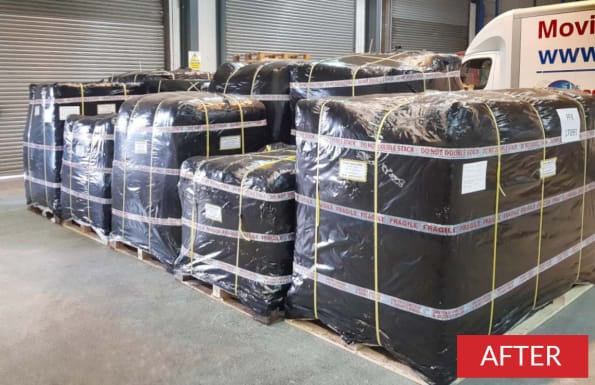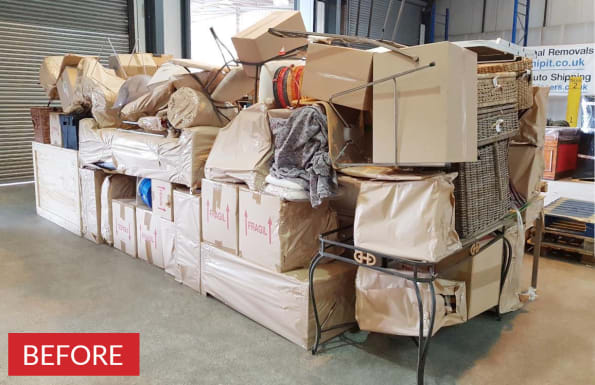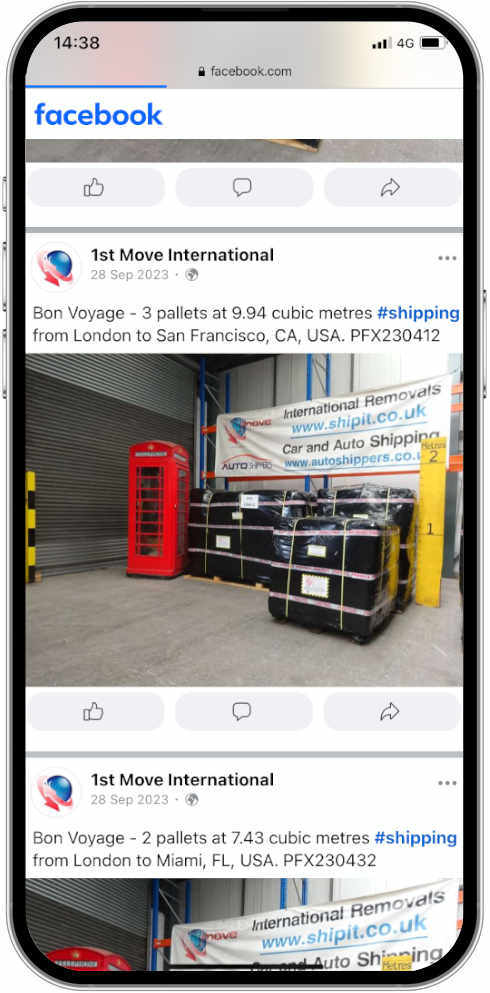Why Move to Melbourne?
Boasting a multicultural environment, plenty of green spaces and an excellent quality of life, Melbourne is a great place to move from the UK. However, Melbourne does have a higher cost of living than other cities and the weather is known to be unpredictable. It's always recommended to do your research before making the move. Make sure your destination has the essential amenities and facilities required.
Best Places to Live in Melbourne
There are a diverse range of neighbourhoods on offer in Melbourne. The Inner Suburbs are a popular place to live. Fitzroy boasts a booming nightlife, Richmond has a great dining scene and St Kilda provides a laidback area near the beach. Williamstown in the Western Suburbs has a more relaxing way of life about it, both near the beach and the city. Kew and Hawthorn in the Eastern Suburbs are ideal locations for families, boasting great schools and amenities. To find out more, read our Moving to Australia guide.
Cost of Living in Melbourne
It’s 31.1% more affordable to live in Melbourne than the UK (London). Melbourne’s average salary is $6,323.06 (£3,276.22), which is only 12% less than in the UK. groceries on average cost 11.1% more in Melbourne, but the overall cost of living makes up for this.
The cost of living is very similar to Brisbane and Perth, with these cities only being 0.2% and 0.1% cheaper, respectively. It’s more affordable to live in Melbourne than Adelaide, Hobart and Sydney.
Below we compare the cost of living in Melbourne with the UK by looking at London prices.
Cost of Living Comparison: Melbourne vs. London
| Item |
Melbourne |
UK (London) |
| Monthly rent for a 1-bedroom apartment in city centre |
$2,223.57 (£1,152.12)
|
£2,170.83
|
| Price per m2 to buy apartment in city centre |
$10,861.39 (£5,627.70)
|
£13,403.96 |
| Monthly salary after tax |
$6,323.06 (£3,276.22)
|
£3,732 |
| 3 course meal for 2 people, mid-range restaurant |
$115 (£59.59)
|
£80 |
| 1 litre of milk |
$2.19 (£1.14)
|
£1.33 |
| 1kg chicken fillets |
$12.99 (£6.73)
|
£7.41 |
| Monthly travel pass |
$185 (£95.86)
|
£200 |
| Utilities (electricity, heating, cooling, water, garbage) for 85m2 apartment |
$230.42 (£119.33)
|
£281.33 |
| Monthly gym membership |
$80.86 (£41.87)
|
£45.33 |
| Monthly private preschool |
$2,663.53 (£1,379.11)
|
£1,815.85 |
Data taken from Numbeo.
Property Prices & Rent in Melbourne
Melbourne’s property market has seen signs of growth, but it still falls behind Sydney and Brisbane in terms of recovery. Strong demand for rental properties is hiking the prices, but it still remains 48.5% cheaper than in the UK. It's 58% cheaper to buy property in Melbourne than in the UK as well.
Below is a comparison of rental and buying prices in Melbourne compared to London.
Property Prices & Rent in Melbourne vs. London
| Item |
Melbourne |
UK (London) |
| Monthly rent for a 1-bedroom apartment in city centre |
$2,223.57 (£1,151.31)
|
£2,170.83 |
| Monthly rent for 1-bedroom apartment outside of centre |
$1,884.28 (£975.73)
|
£1,630.26
|
| Price per m2 to buy apartment in city centre |
$10,865.53 (£5,625.91)
|
£13,403.96
|
| Price per m2 to buy apartment outside of city centre |
$8,424.43 (£4,361.97)
|
£7,956.99
|
Data taken from Numbeo.
Education in Melbourne
Melbourne has many excellent state schools on offer as well as private schools, international and Catholic schools. School age begins at 6 and ends when the students are 17. Many children attend preschool from the age of 4. There is further education available too. The University of Melbourne is renowned for its research courses and La Trobe University offers expertise in health and science.
Job Market in Melbourne
The current unemployment rate in Melbourne has risen over the past year, with many job seekers focusing on obtaining a good work-life balance. Healthcare and social assistance is the top employer in Melbourne, with a consistent high demand for roles. Technology, education and construction also form a significant part of Melbourne’s job market.






